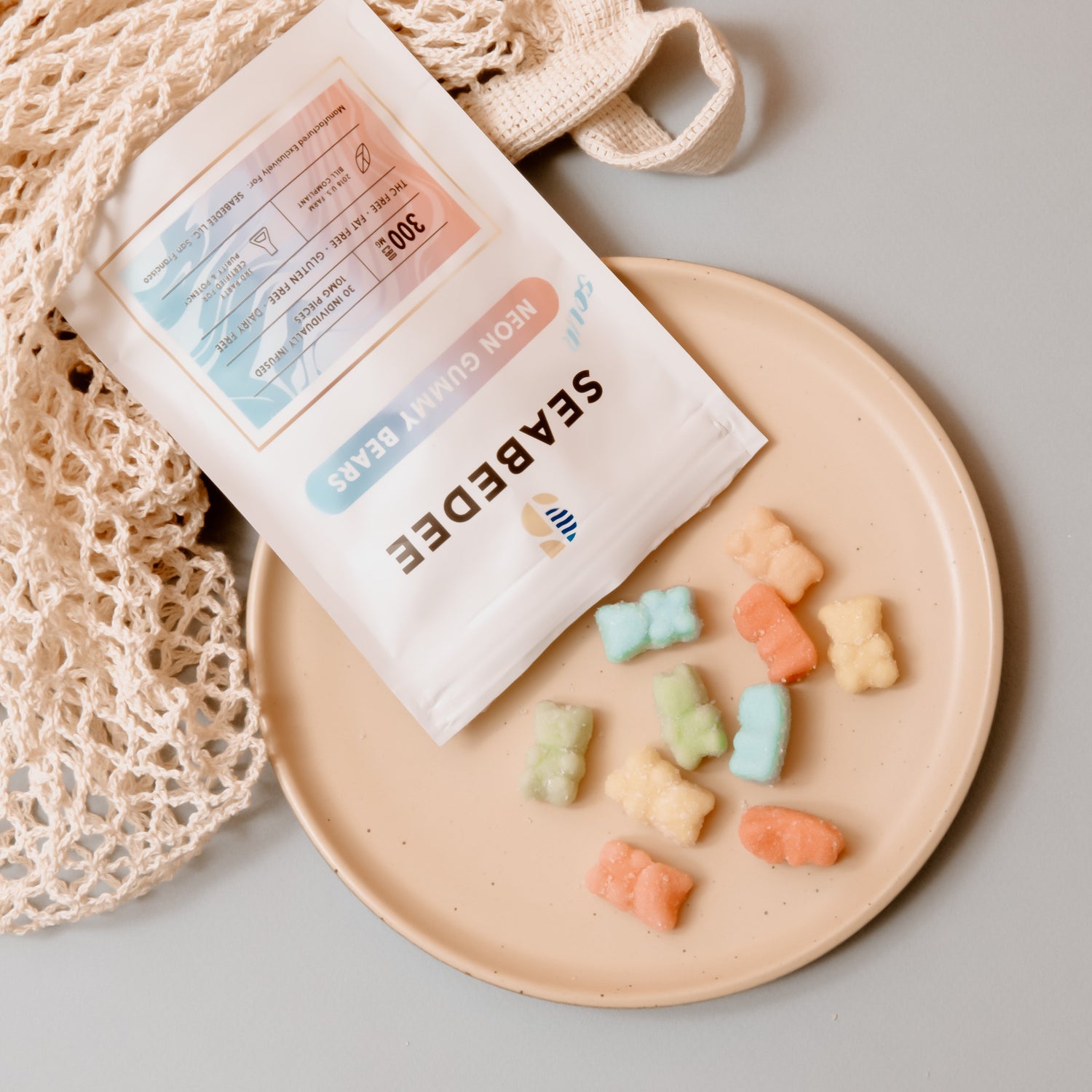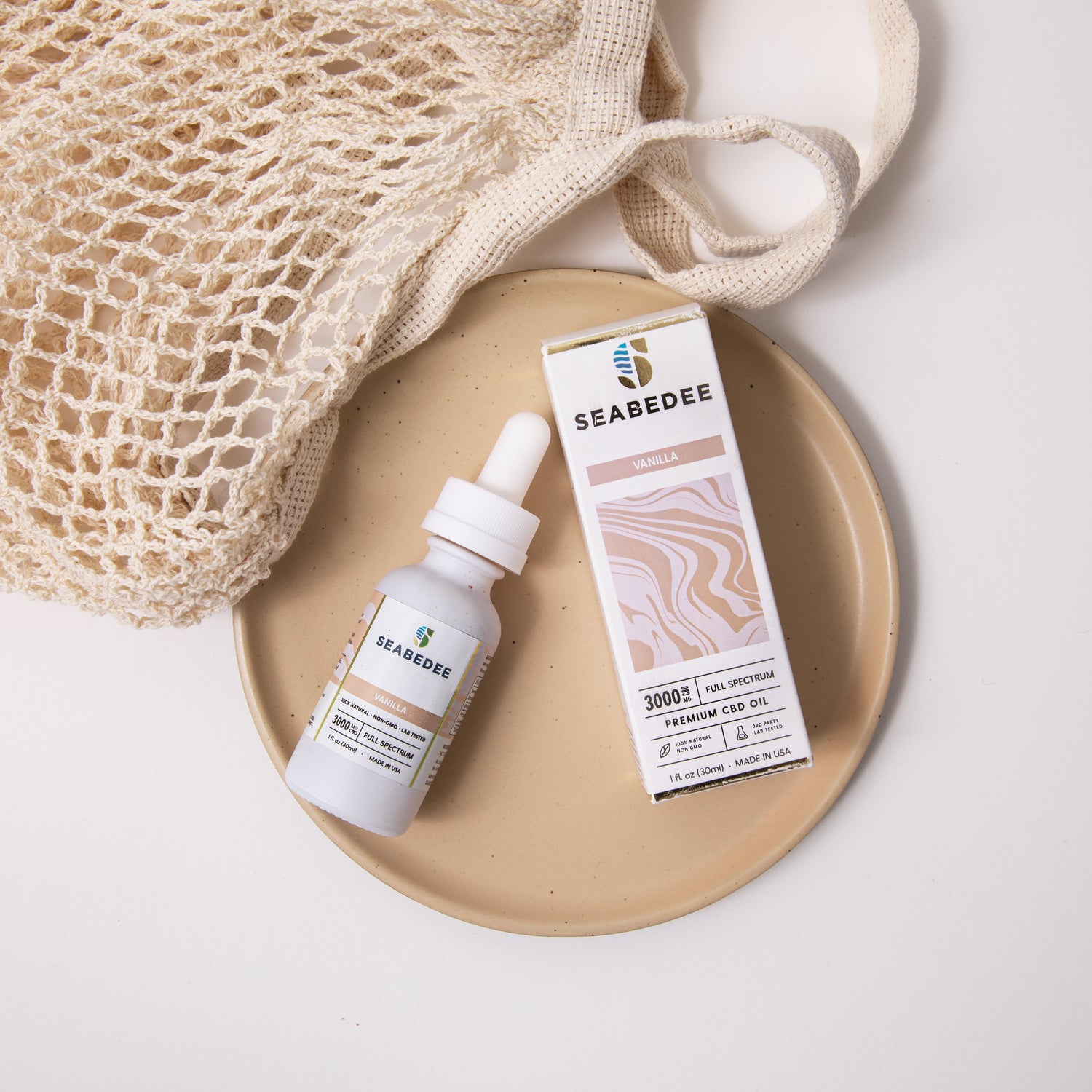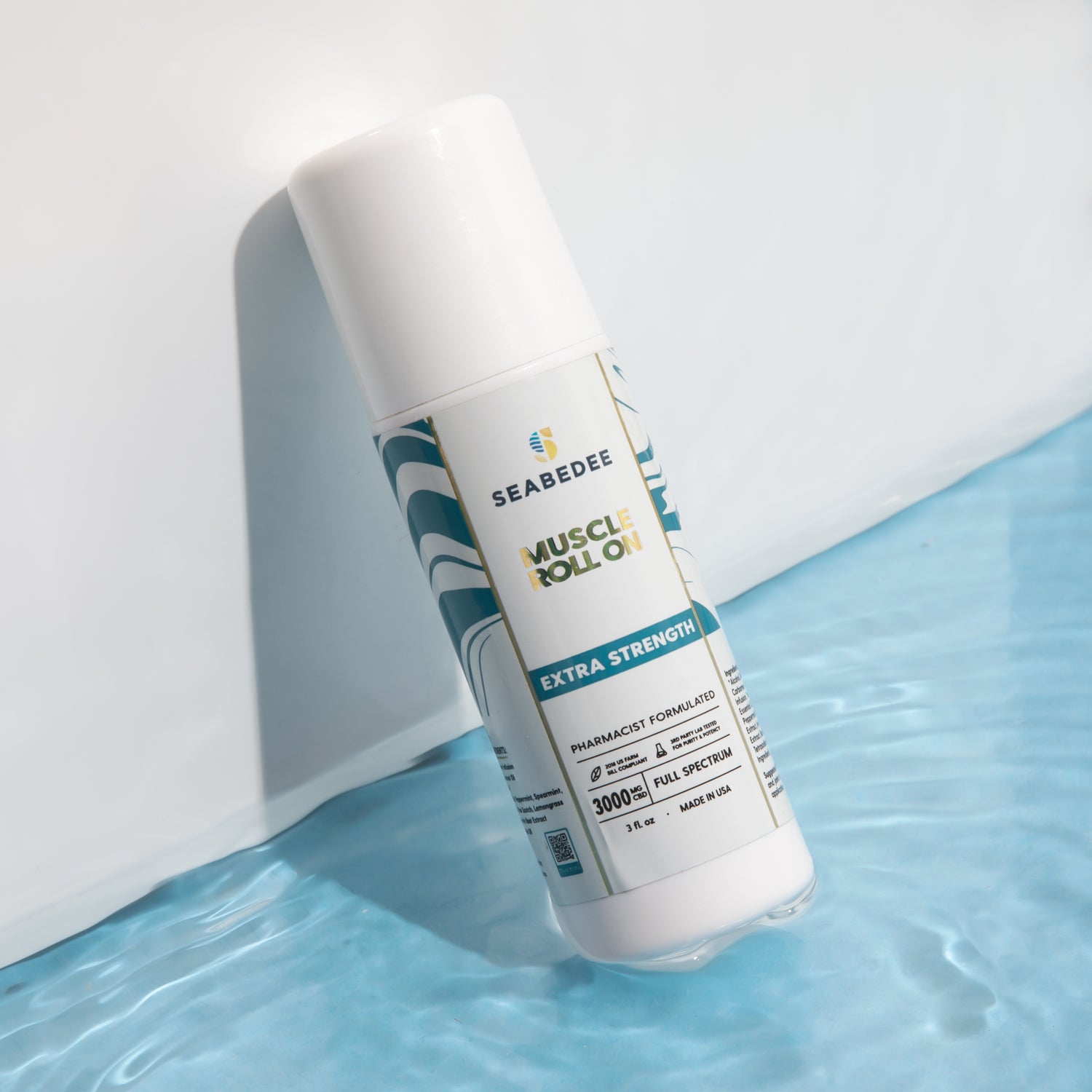CBD For Acne:
“You may not have heard of CBD helping with acne because this is somewhat newer in the research field, but maybe you’ve heard of CBD antimicrobial effects”
Cannabidiol, or CBD, comes in a variety of products, from oils and tinctures to bath bombs, lotions, and skincare products. You may have heard of the amazing results when CBD is used for stress and anxiety relief in oil, gummy, or tincture form, but how much do you know about the effects of CBD on your skin? Several websites and basic internet searches claim that CBD has “anti-inflammatory” or “soothing” properties for your skin, but it can be difficult to find why this matters and what this actually means for your skin. How much good can a CBD skincare product really do for your skin? It’s important to understand what you’re using on your body, after all, the skin is the largest organ we have!
CBD For Your Skin… I Think Yes
It may surprise you to know that yes, CBD does in fact have anti-inflammatory and soothing results when used topically on your skin, but it also has healing properties – and not just on a superficial, “make-me-look-pretty” level. Emerging research is beginning to confirm that CBD can heal the skin cells for several skin disorders, including atopic dermatitis (which is more commonly known as eczema), psoriasis, acne, and scarring (including acne scars). Of course, always consult with your doctor before using CBD as a topical skin treatment for chronic conditions, but if you’ve struggled with one or more skin disorders it may be time to ask your doctor about CBD and possible relief.
CBD For Eczema
Eczema is a common skin disorder that is characterized by chronic inflammation of the skin and is associated with environmental triggers, damaged skin barrier functions, genetic factors, and altered immune response. Many of those that suffer from eczema have difficulty finding relief and have symptoms that interrupt daily life, including sleep disruption, anxiety, and constant itching. When used topically on targeted areas for eczema relief, research has shown CBD to decrease the itching sensation, increase skin hydration, improve skin “scaling,”, and even has a secondary effect on improving sleep that was previously interrupted by itching (Palmieri et al., 2019; Baswan et al., 2020). In a study of 60 patients, Yuan and colleagues found that when participants used a topical CBD cream twice daily on the eczema-affected areas, the creams were “superior” in improving skin scaling, dryness, and itching in just under one month (2014). Similarly, psoriasis is a condition in which skin cells build up and form scaley, itchy, dry patches. This is often triggered by stress, environmental factors, or infections and cold. Research has shown similar results of improvement in symptoms for patients with psoriasis when using CBD as a topical treatment. CBD works in part because it reduces histamine-induced responses, which means that it helps the skin have a more balanced, less sensitive response to the harsh environment around us (Ali &Akhtar, 2015).
Even if you don’t have eczema or psoriasis, acne may be something that we all can relate to. As a teenager (and beyond if we’re being completely honest), I’m sure we have all struggled with acne or acne scarring. In fact, 90% of adolescents and at least 10-15% of adults struggle with clearing their acne (Palmieri et al., 2019). If you have been blessed with zero acne and zero acne scars then lucky you, but keep reading, because CBD can still provide effects to keep your skin flawless.

CBD For Acne
You may not have heard of CBD helping with acne because this is somewhat newer in the research field, but maybe you’ve heard of CBD antimicrobial effects. Acne is caused by several factors, but most commonly by increased sebum production, bacterial colonization, and inflammation. You’ve already read by now that CBD helps with inflammation, so let’s explore the effects it has on bacteria.
CBD is a known antimicrobial, which means that it kills or slows the spread of microorganisms including bacteria, viruses, mold, and mildew. If acne is caused by bacteria, and CBD kills or slows the spread of bacteria, it reasons that CBD can help relieve acne. In one study, CBD cream was used twice daily for 12 weeks and was found to significantly decrease bacteria and sebum levels that were causing acne vulgaris, which was otherwise unresponsive to other treatments (Eagleston et al., 2018). It should be noted that no large-scale human trial studies that target only acne and CBD treatment have been completed, but several researchers do agree that CBD shows promising effects for treating acne (Atalay et al., 2020). This is generally agreed upon because of the known properties of CBD, such as its anti-lipogenic, anti-inflammatory, and antimicrobial properties. As for those pesky acne scars, unfortunately research with CBD in this area is limited, but a few studies have linked CBD topical treatment to lessening the appearance of scars (Palmieri et al., 2019; Baswan et al., 2020; Eagleston et al., 2018). This is believed to be because of CBD and its effects on balancing lipid production when used on the skin. Though the exact mechanisms of how topical CBD works are still being studied, CBD has been found to bring balance to lipid production, which in turn helps increase skin elasticity and hydration, all of which help to reduce the look of scarring (Baswan et al., 2020; Palmieri et al., 2019).
CBD & Skincare Takeaways
Even if you happen to be blessed with perfect, flawless skin, use of CBD can help maintain your skin’s health and balance. In addition to the many balancing properties of anti-inflammatory, antimicrobial, and more, CBD is shown to penetrate skin cells and helps to protect cell membrane integrity (Baswan et al., 2020). Skin is your body’s barrier to the environment, and CBD can help protect it from harm and “strengthen” your skin cells as a barrier. Additionally, in each of the reviewed studies here, no toxic buildup, drug reactions or interactions, or negative side effects were found when CBD was used topically. That’s not to say that side-effects are impossible, but CBD is generally determined to be safe and effective. In fact, if you do happen to have a reaction from using a topical CBD product, it is likely not from the CBD itself but from another ingredient used in the product!

If you are interested in learning more about how CBD can help a chronic skin condition, always consult with your doctor. But if you are interested in using CBD for general skincare, you can see that it has powerful effects for your skin. It is indeed healing, soothing, balancing, safe, and effective in maintaining healthy skin. Seabedee offers a range of skincare products that are available for you to keep your skin healthy and happy. CBD is a powerful agent to add to your daily skincare routine and can help your skin rebalance the imbalances that have been creating over years of stress and busy environments.

References:
- Ali A, Akhtar N. The safety and efficacy of 3% Cannabis seeds extract cream for reduction of human cheek skin sebum and erythema content. Pak J Pharm Sci. 2015;28(4):1389-1395. [PMID: 26142529].
- Atalay S, Jarocka-Karpowicz I, Skrzydlewska E. Antioxidative and anti-inflammatory properties of cannabidiol. Antioxidants. 2020;9(1):21.)
- Baswan SM, Klosner AE, Glynn K, Rajgopal A, Malik K, Yim S, Stern N. Therapeutic Potential of Cannabidiol (CBD) for Skin Health and Disorders. Clin Cosmet Investig Dermatol. 2020 Dec 8;13:927-942. doi: 10.2147/CCID.S286411. PMID: 33335413; PMCID: PMC7736837.
- Eagleston LRM, Kalani NK, Patel RR, Flaten HK, Dunnick CA, Dellavalle RP. Cannabinoids in dermatology: a scoping review. Dermatol Online J. 2018 Jun 15;24(6):13030/qt7pn8c0sb. PMID: 30142706.
- Oláh A, Tóth BI, Borbíró I, et al. Cannabidiol exerts sebostatic and antiinflammatory effects on human sebocytes. J Clin Invest. 2014;124(9):3713–3724.
- Palmieri B, Laurino C, Vadalà M. A therapeutic effect of cbd-enriched ointment in inflammatory skin diseases and cutaneous scars. Clin Ter. 2019 Mar-Apr;170(2):e93-e99. doi: 10.7417/CT.2019.2116. PMID: 30993303.
- Tóth KF, Ádám D, Bíró T, Oláh A. Cannabinoid signaling in the skin: therapeutic potential of the “C (ut) annabinoid” system. Molecules. 2019;24(5):918.
- Yuan C, Wang XM, Guichard A, et al. N-palmitoylethanolamine and N-acetylethanolamine are effective in asteatotic eczema: Results of a randomized, double-blind, controlled study in 60 patients. Clin Interv Aging. 2014;9:1163-1169. [PMID: 25071367].
Share on facebook
Share on twitter
Share on instagram
Trending Post
Category











